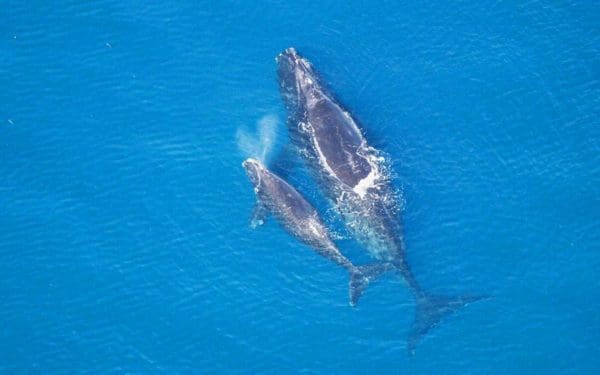The Truth about Biofuels
Are fuels derived from crops and waste good climate solutions at scale? Short answer: No. Here’s why.

Are fuels derived from crops and waste good climate solutions at scale? Short answer: No. Here’s why.

With heavier rainfall events expected as a result of climate change, the groups said there’s little time to waste to protect Boston’s waterways. “These iconic rivers are suffering because of the EPA’s consistent foot-dragging,” said Heather Govern, CLF’s vice president of clean air and water.
A recent piece by Anne George, Vice President of Public Relations for ISO-New England, calls CLF’s critiques baseless. Here’s why she’s wrong.
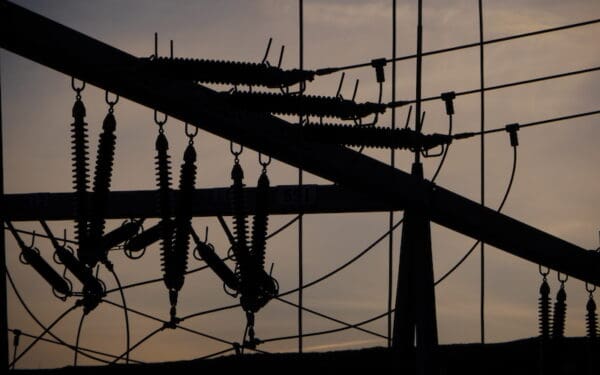
“These iconic rivers are suffering because of the EPA’s consistent foot-dragging,” said Heather Govern, CLF’s Vice President of Clean Air and Water. “Despite all the evidence linking stormwater pollution to dirty and unsafe water, the agency has failed to take legally required steps to address this growing problem. We have waited over three years for them to regulate the pollution, and these rivers cannot wait any longer.”
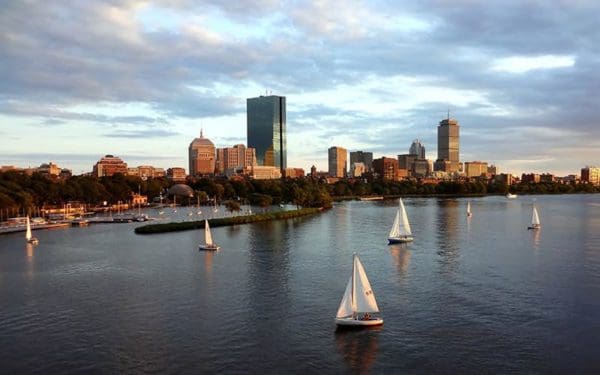
“A newborn calf spends most of the first few months of its life on the surface with its mother,” said Erica Fuller, senior attorney at Conservation Law Foundation. “Given that these whales are tough to see under the best of circumstances, slowing boats down is the only way to prevent collisions like those that have killed whales, injured people, and caused major vessel damage in the past.”
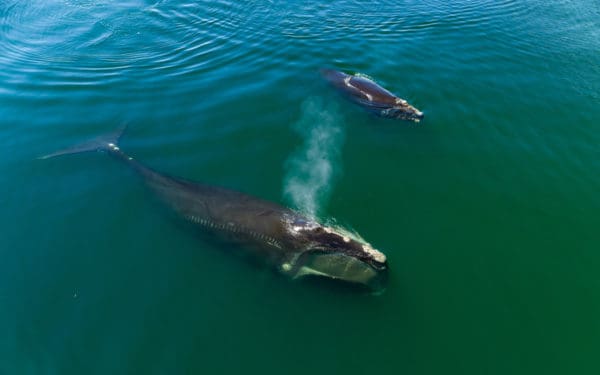
“Septic pollution is driving Cape Cod’s waters to disaster,” said Christopher Kilian, Vice President of Strategic Litigation at CLF. “The state has finally taken this concern seriously, but we will be reviewing the proposal to assure that it is strong and effective in solving this problem. Toxic nitrogen pollution destroys our waters, sickens people, and threatens the region’s tourism economy, and it has no place in Cape Cod’s waters.”
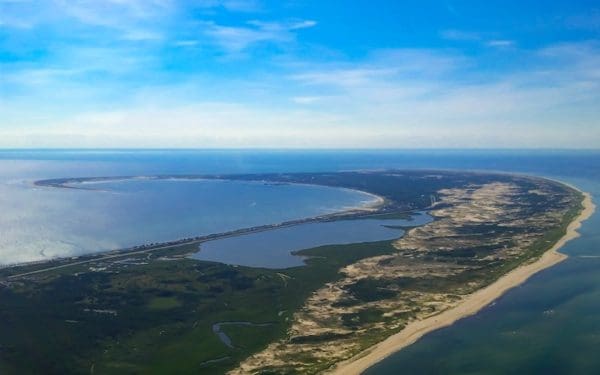
“Widespread gentrification and neighborhood changes are clearly impacting the health of longtime residents,” said Reann Gibson, an HNS Research Scientist at Conservation Law Foundation (CLF). “Decades of redlining and racism have affected communities of color, and now gentrifying development is threatening these neighborhoods all over again. The study’s findings are yet one more reason why people must have power over the changes that could profoundly alter their communities.”
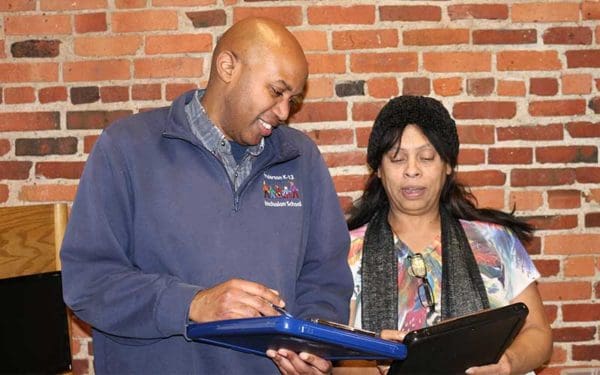
“No one can be allowed to skirt Vermont’s critical environmental laws,” said Elena Mihaly, Vice President of CLF Vermont. “With climate impacts at our doorstep, everyone—no matter how big or powerful – should be held accountable to Vermont’s climate requirements. This agreement makes sure that GlobalFoundries does its part to reduce climate pollution, advance energy efficiency, and transition to clean, renewable energy.”
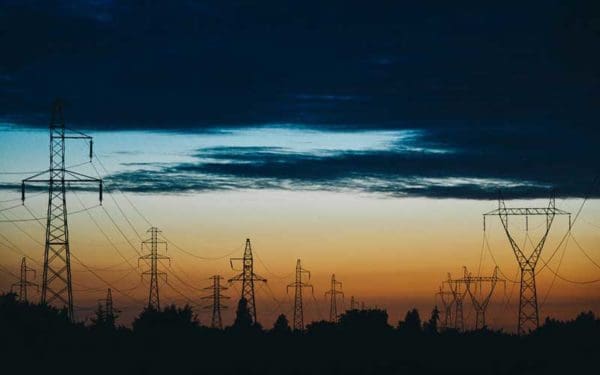
Under its agreement with the Conservation Law Foundation, GlobalFoundries committed to build a 5-megawatt solar facility in Essex Junction and to comply with Vermont’s environmental laws — in particular, the state’s renewable energy standard, which requires utilities to obtain more and more of their electricity from renewable sources.
“This downward spiral must be stopped,” said Erica Fuller, Senior Attorney at CLF. “It’s time to put meaningful protections in place so whales are no longer needlessly killed by boats and fishing gear. The federal government needs to step up and do what’s right. Critically endangered right whales can recover, we just need to give them a chance.”
